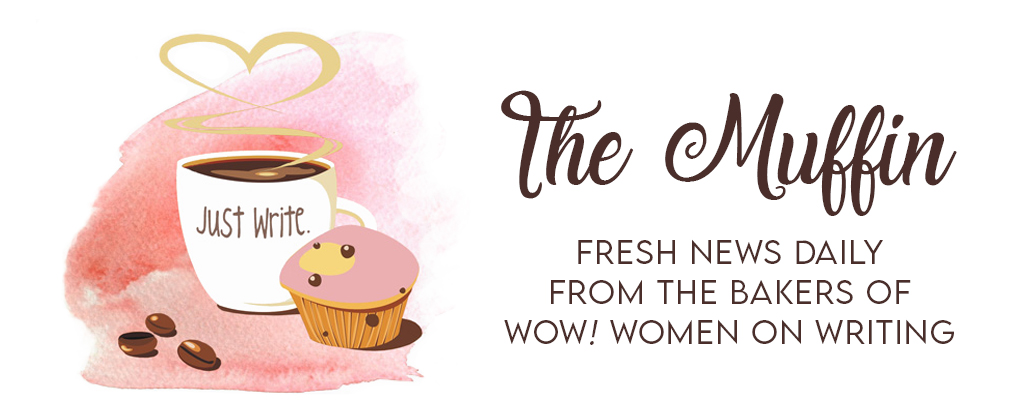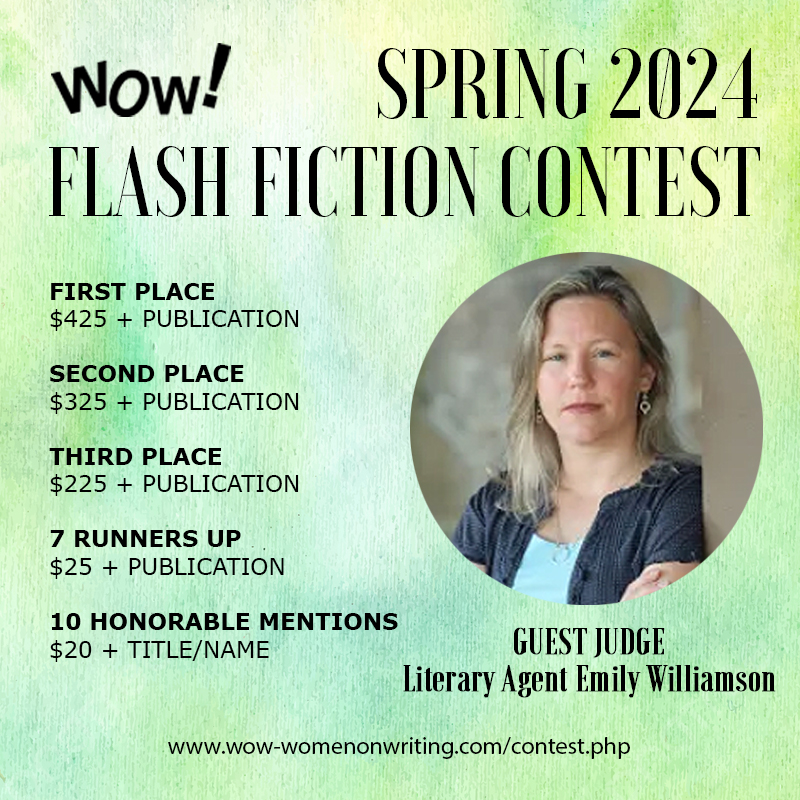This is a common answer from writers and storytellers when asked about the origins of their stories. “They just come to me,” they’ll say, or even more likely: “I don’t know.” Writers may say that story ideas come from life experiences, but they have hundreds or more experiences every day: how do one or more of them manifest into a story?
It would be easy to default to the common response “I don’t know.” And maybe it is true that many storytellers and writers do not consciously know where their stories come from. Their bodies, however, may intuitively know which stories to tell and when and how to tell them.
Eve Ensler reflects this idea when she says of her most recent book, In the Body of the World: “I feel like the book kind of wrote me. It was like a fever that passed through me.”
As a writer and composition instructor, I am interested in intuitive storytelling/writing and how to coach these kinds of stories from students to help them become better writers and enjoy the process. But how is it possible to find that intuitive space?
| photo courtesy of http://www.cafepress.com/inspiredtype |
Intuition is a complex, often misunderstood, and challenging concept to articulate, but it can be described as a form of embodied knowing in which the body is aware of a phenomenon before the consciousness perceives it. Intuition, says Randee Lawrence, is a subconscious yet bodily sensation: “a gut feeling or knowledge that is unexplainable. We just know." For example, our body may feel pain or tightness even if we do not consciously know why. However, if we further examine the feeling, we can often trace it back to a specific event or experience. Writers and storytellers may not consciously know where their stories come from, but it is likely that given time to reflect, they may be able to trace the story back to a previous event or experience.
The Body, Intuition, and Writing
This definition of intuition describes what Ensler and Gaiman said above about their writing processes: Ensler describes hers as a bodily feeling, “like a fever,” and Gaiman defaults to the indescribable. It makes sense that writers discuss their stories in this way because research has provided evidence that artistic forms of expression—like writing and storytelling—can help people access their intuition.
Nancy Mellon, author of Body Eloquence, describes the connection between stories and intuition:
Stories make us more aware of ourselves as part of feeling, creating, laughing, crying, curious, courageous humanity. Together they have a cumulative effect, broadening our inner knowing, our compassion, and our sense of self. They can also help us to nourish the body’s natural intelligence by speaking directly to and from the intricate weave of our bodies.Margaret Parkin also relates storytelling, specifically listening to a story, to the body. She says that becoming entranced in a story can help the listener to reduce stress and muscle tension and enhance relaxation. So stories help people to communicate with their bodies and tap into that intuitive/embodied power.
Do you think you are an intuitive writer? Do you write from your mind or your body?
Written by Anne Greenawalt, writer and composition instructor.









.jpg)


1 comments:
Since I don't usually write fiction, I don't get to enjoy that occasional "free falling" when the story writes itself.
However, I did write a short story (a bit longish, a 5,000 word short story) and it wrote itself until the very end...and then I had to craft one that would make sense and would satisfy the reader.
To stop beating around the bush, I usually write from my head. But I love talking with writers who do consistently write from their heart...
Post a Comment